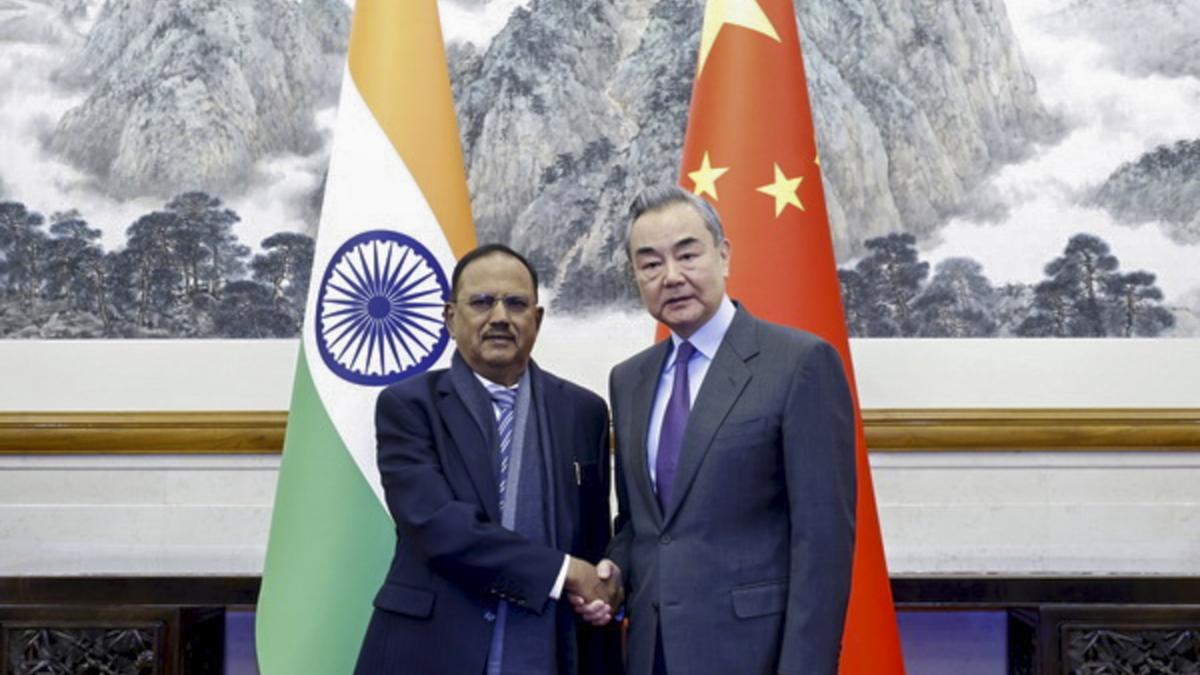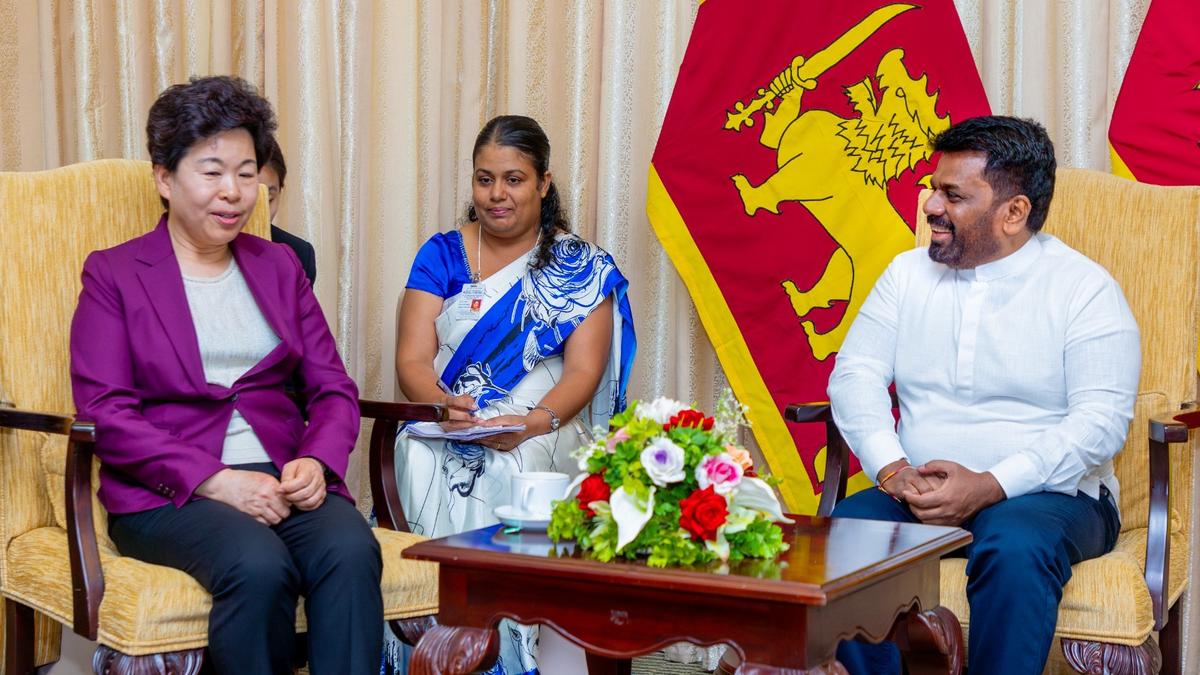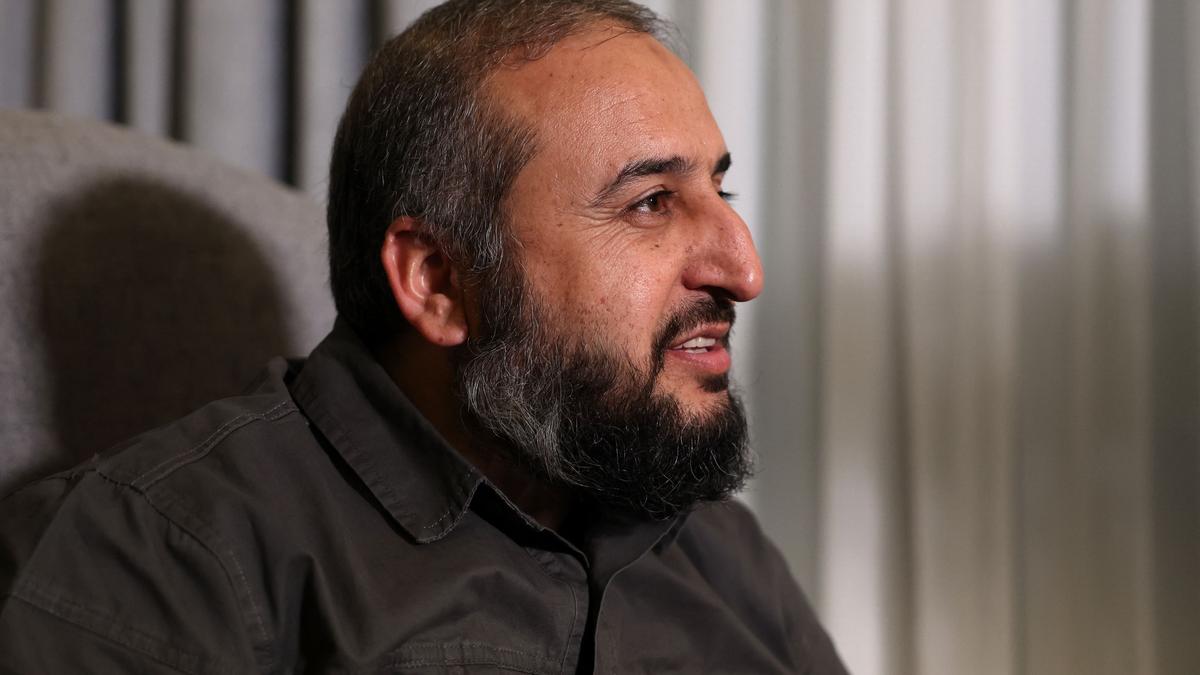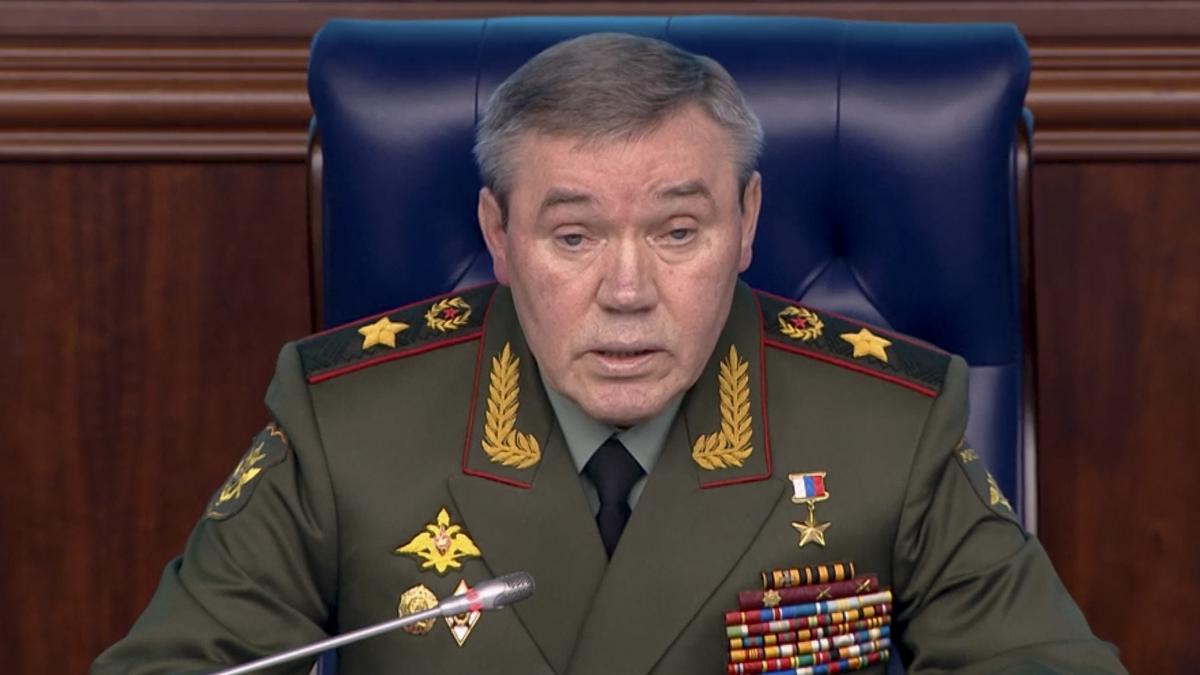India and China “positively affirmed” the outcome of their disengagement agreement at the Line of Actual Control (LAC), as National Security Advisor Ajit Doval met with Chinese Foreign Minister Wang Yi in Beijing on Wednesday for the first boundary talks between the Special Representatives (SR) since 2019.
During the talks, Mr. Doval and Mr. Wang said that it was important to “draw from the lessons” of the four-year long military standoff at the LAC, in order to maintain peace and tranquillity at the boundary. They also discussed other ties that were derailed due to the frictions at the boundary, providing “positive directions” for cross-border exchanges, including the resumption of the Kailash Mansarovar pilgrimage from India to Tibet, data sharing on trans-border rivers, and border trade.
Significantly, in the statement issued after the talks, the SRs did not refer to the resumption of direct flights and the restoration of journalist exchanges, which had both been discussed when Mr. Wang met External Affairs Minister S. Jaishankar in Rio de Janeiro last month. However, after a meeting between Mr. Doval and Chinese Vice President Han Zheng in Beijing, an official readout stressed the need to restore exchanges in “economic, cultural and trade” areas.
Maintaining peace
“This was the first meeting of the SRs since frictions had emerged in the Western Sector of the India-China border areas in 2020. The SRs positively affirmed the implementation of the latest disengagement agreement of October 2024, resulting in patrolling and grazing in relevant areas,” the Ministry of External Affairs (MEA) said in a statement issued after the meeting, referring to the disengagement verification process in Depsang and Demchok in eastern Ladakh.
“Drawing on the learnings from the events of 2020, they discussed various measures to maintain peace and tranquillity on the border and advance effective border management,” the MEA statement said, “underlining the importance” of peace and tranquillity at the LAC so that issues on the border do not hold back the “normal development of bilateral relations”.

Seeking boundary resolution
The resumption of the SRs process — started in 2003 to work on finding a satisfactory resolution to the decades-long India-China boundary dispute — marks a major step towards the resumption of diplomatic mechanisms that have been paused for the past few years. Mr. Doval had last met with Mr. Wang in Delhi in December 2019, just four months before the Chinese army amassed troops and transgressed along the LAC, leading to skirmishes with the Indian Army. This eventually led to the deadly Galwan clashes, the first time there had been casualties between the two armies in more than four decades.
After the October 21 agreement signalled an agreement to disengage at the last of seven friction points along the LAC, officials said that they would need to work next on de-escalation and de-induction of troops. The agreement had paved the way for the first formal talks between Prime Minister Narendra Modi and Chinese President Xi Jinping in Kazan on the sidelines of a Shanghai Cooperation Organization meeting chaired by Russian President Vladimir Putin, who had hailed the détente between Delhi and Beijing.
Mr. Doval and Mr. Wang, who had also met earlier this year in Moscow, were mandated to hold the SR meeting “at an early date” so as to “oversee the management of peace and tranquillity in border areas and to explore a fair, reasonable and mutually acceptable solution to the boundary question,” the statement said. Mr. Doval also invited Mr. Wang to visit New Delhi for the next round of SR talks.
‘Restore political trust’
Mr. Doval, who arrived in Beijing on Tuesday, also called on Chinese Vice President Han Zheng. According to a readout quoted by official agencies, Mr. Han said that as “ancient civilisations and emerging global powers”, India and China’s ties hold global influence and strategic significance. Both sides should “restore political trust and promote collaboration in economic, trade, and cultural areas, thus ensuring stable development in their bilateral relations,” he said.
According to the readout, Mr. Doval had responded, saying that the resumption of SR talks after a five-year hiatus was significant, and that India is committed “to strengthening strategic communication with China” and injecting new momentum into the relationship. The MEA, however, did not issue a readout on the NSA’s talks with the Chinese Vice President.
Published – December 18, 2024 10:14 pm IST






